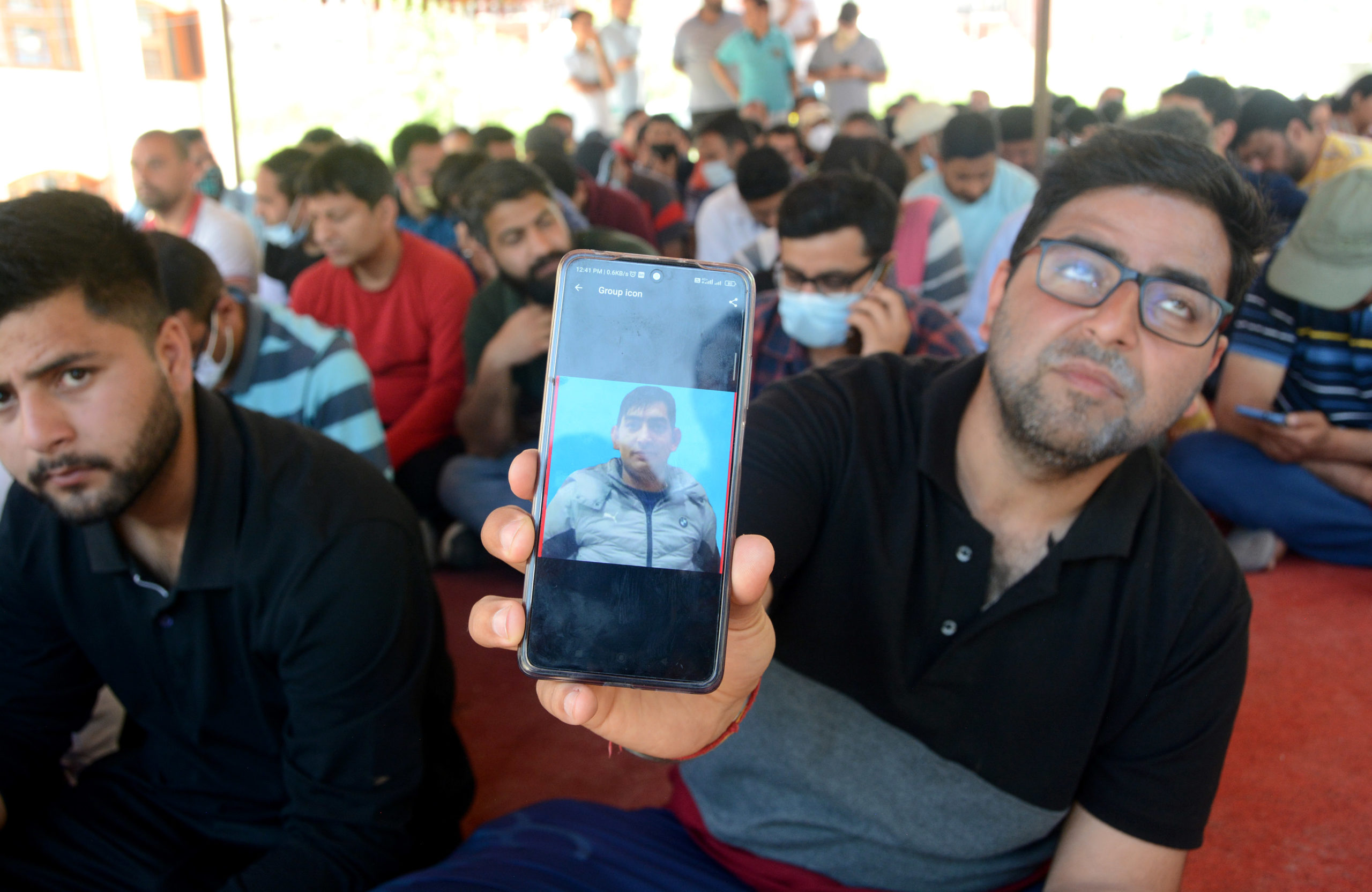Yoginder Kandhari
Kashmir is teeming with tourists – an unprecedented rush since the onset of militancy three decades ago. More than a million have already visited the Valley. Coming Amarnath Ji pilgrimage is estimated to leave another six hundred thousand footfalls there. On the one hand, targeted killings of the locals and the non-local minorities continue unabated; on the other, the current tourist season has progressed without any incident. Hopefully, the pilgrimage too will conclude peacefully. A safe passage for the tourists has a loud message in the backdrop of the targeted killings. Has Kashmir set its course to peace and prosperity?
Undoubtedly, the Security Forces (SF) are doing an excellent job in exacting circumstances. Public demonstrations and stone-pelting are no longer in the news. Does that indicate a change in mood or a new mode of protest? The feeling from the ground is that deepening resentment has changed its manifestation. Insurgents targeting innocents no longer invoke public outcry. Kashmiri society has metamorphosed into emotive impassiveness. What better proof of this than the muted response of the majority community to the brutal killing of Rahul Bhat, Amreen Bhat, Saifullah Qadri and many more innocents. The general reaction to insurgent killings is cold reconciliation with an emerging situation that portrays a dreadful scenario. Unlike in the 1990s, today, even the neighbours from the majority community have severed all bonds with the left-over KPs.
Call it Hybrid Terrorism, or by any other name, no one in the Valley, including the SF, knows who wields the gun and who would the next target be. Even insurgent hit squads are unaware of each other’s identity. This year, Kashmir Police have already recovered 130 pistols; the untraced quantity would be many times more. The proliferation of small weapons adds a dangerous dimension to the conflict. To retain the initiative, insurgents and handlers quickly alter tactics to suit changing ground situations. Resorting to targeted killings is part of the same strategy. Counter Insurgency operations suffer from inherent disadvantages. SF must innovate to stay ahead. A sizable number of foreign mercenaries in the Valley is a cause for serious concern. Out of 82 insurgents eliminated to date, 26 were foreigners. Overall, the security situation in the Valley is precarious.
New Delhi appears content with perception and event management; overdose is often counterproductive. Today, Kashmir is on the brink. Kashmiris are an exceptionally aware lot. Politics, policies and SF moves are discussed threadbare daily at every confectionary shop in the Valley. From a roadside vendor to a government official, all participate in these discussions to create a daily ‘Kashmir’ narrative. They are quick to dismiss the official version as propaganda.
Despite loud claims to the contrary, Kashmir is now on the cusp- between hope and despair. The SF can only be a part of the ultimate solution, not the solution itself. The political executive has to intervene with seriousness and vision. Further, Kashmir can’t remain insulated from whatever is happening in mainland India. Hate begets hate. In the national interest, political leadership must rise above narrow political compulsions to control the fringe, whichever colour that be. India never needed a statesman more than she requires one now.
Though steadily on the wane, a significant section in the Valley still has faith in pluralism and disapproves of the insurgents’ violent ways. A chance roadside conversation with a sixty-plus Muslim was revealing. He knew more about Kashmir Shaivism than most KPs/ Hindus would. Many more of his ilk possibly exist in the Kashmiri society, but they can’t stand up to the Jihadists on their own. Careful nurturing of this and other sulking constituencies must form the bedrock to rebuild Kashmir from its ruinous present. The KPs could have been the bridge. Unfortunately, this resource has been relegated to irrelevance by various political parties. The onus is now on New Delhi.
KPs and other minorities in the Valley remain vulnerable. The administration must do more to ensure their protection than seek indemnity affidavits from them. Sensing trouble in the Valley, most vocal cadres affiliated with the ruling Party smartly pulled their wards out of harm’s way, leaving the rest of the PM Package employees to fend for themselves. Leave aside any help; one has not heard a word of sympathy from these political beneficiaries for the fear package employees live in. Rahul’s martyrdom has exposed their opportunism. Their heckling at the cremation of the martyr’s mortal remains was an expression of frustration against self-imposed leadership. Some senior BJP leaders also did not show the requisite maturity that beholds a sombre occasion when tempers are high. They could have behaved better.
Today, Kashmir is at an inflexion point. The future trajectory is unclear. It is time for the political executive to perform with vision and maturity. The SF can, at best, be an aid to decision making. Otherwise, continuously blaming predecessors for the current failures won’t wash anymore.


